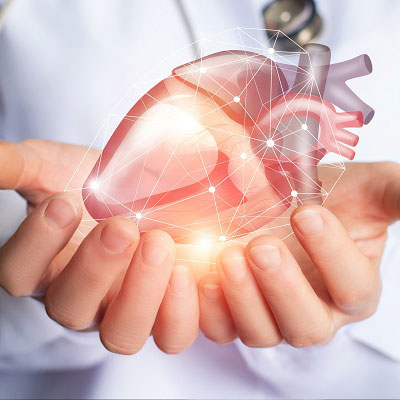 OVERVIEW
OVERVIEW
If you are looking for a doctor that uniquely specializes in diseases and conditions of the heart and blood vessels, you want to see a cardiologist. A cardiologist goes through four years of medical school and then three years of training in general medicine before spending three years or more in specialized training to handle heart and vessel related health issues.
When Should You See a Cardiologist?
If you have seen your general practitioner and they believe that you have symptoms that are indicative of a heart problem, they may refer you to a cardiologist.
Symptoms of heart problems include:
- Chest pain
- Dizziness
- Fainting spells
- Heart murmur
- Irregular heartbeat
- Shortness of breath
What Does a Cardiologist Do?
Cardiologists diagnose heart disease, and help those who have it to manage their condition and live a healthier life to prevent other complications. They also handle heart attacks, irregular heart rhythms and heart failure. A cardiologist is also the doctor that determines whether angioplasty or heart surgery is necessary to correct an issue.
What Happens at an Appointment with a Cardiologist?
Your cardiologist will take your vitals when you visit, including your blood pressure and heart rate, and perform a physical examination. They will also discuss your detailed medical history to pinpoint your risk factors for developing certain conditions.
Some conditions can be diagnosed through a physical exam. Other issues will require additional testing, like an EKG or a blood test. Aside from discussing treatment options like medications or procedures, we may also recommend lifestyle changes. This may include increasing exercise or improving your diet.
If your general practitioner has referred you to a cardiologist, or you feel you may be experiencing heart-related symptoms, call our office today to schedule an appointment. The health of your heart is too important to hesitate over.
